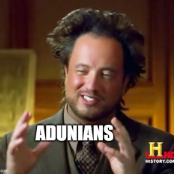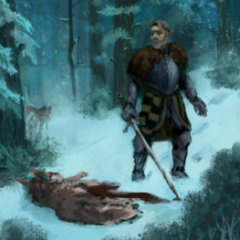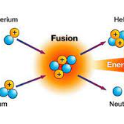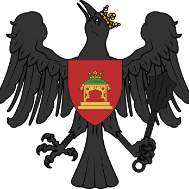-
Popular Topics
-
Topics
-
Recent Status Updates
-
Options
Options
-
The ST post lurkers on Drdobetters app should stop treating these forums like twitter.
I'm not friends with the guy and even clashed plenty with him
Instead of being corny, trying to dunk on people & contributing to the mob mentality on this community, you could do an event for once
No Recent Status Updates -
Options














Recommended Posts